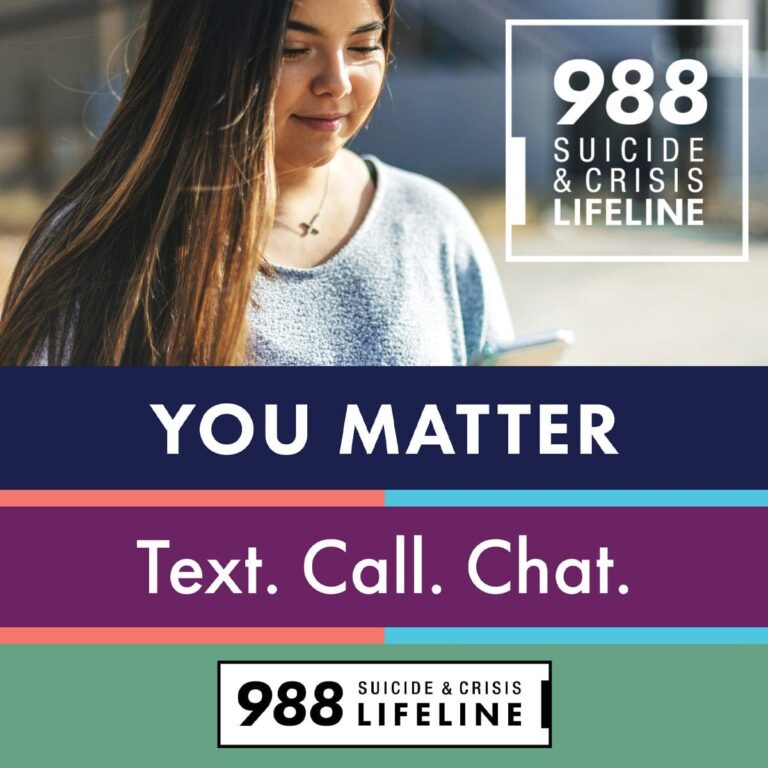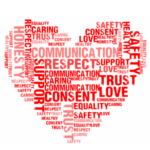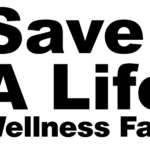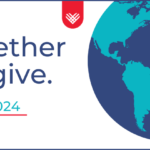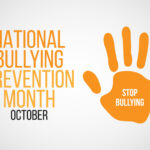Depression and suicide are serious problems among our youth.
Adolescence and young adulthood may be turbulent times for many but too many feel alone, unsupported, and helpless.
Risk Factors for Depression
- Family history of depression
- Suffering from a physical or another mental illness
- Adverse experiences in childhood, such as abuse or lack of care
- Social disadvantage or family poverty
- Learning and other school difficulties
- Lack of a close relationship
- Recent adverse events like bullying or a death or serious illness in the family
When people think of depression, they imagine someone appearing sad or having "the blues". In some instances, this may appear to be true. However, there are other signs, particularly among youth, that may mean depression is a problem... or can turn into a greater issue like suicide.
Signs of Depression
- Unusually sad mood
- Loss of enjoyment and interest in activities
- Lack of energy and tiredness
- Feeling worthless or guilty when they are not really at fault
- Thinking about death or wishing to be dead
- Difficulty concentrating or making decisions
- Moving more slowly or sometimes becoming agitated and unable to settle
- Having sleeping difficulties or sleeping too much
- Changes in eating habits
- Avoid discussing important future events
- Show a decline in school grades
- Snap or start fights with friends and family
- Use alcohol or other drugs
Visit the Virtual Save A Life Wellness Fair for more resources!
Risk Factors for Suicide
- Threatening to hurt or kill themselves
- Seeking access to pills, weapons, or other means to kill themselves
- Talking or writing about death, dying or suicide
- Expressing feelings of hopeless, having no purpose in life or reason for living
- Having rage, anger, or seeking revenge
- Acting recklessly or engaging in risky activities
- Feeling trapped
- Increasing alcohol or drug use
- Withdrawing from friends, family, or society
- Dramatic changes in mood
- Having sleeping difficulties or sleeping too much
- Being anxious or agitated
- Giving away prized possesions
Related Posts
February at ASK
Teen Dating Violence Awareness Month February is National Teen Dating Violence Awareness and Prevention Month. This is an issue that impacts everyone – not just teens – but their parents, teachers, friends and communities as well. Together, we can raise the nation’s awareness about teen dating violence and promote safe, healthy relationships. How Do I Get Help? […]
January at ASK
We know that you had many options when it came to your end-of-year giving. Why not choose local and give to the Alliance for Safe Kids with your beginning-of-year giving? A gift to ASK is also a gift to Drug Crisis in Our Backyard and it would be amazing to kick off 2025 with your support […]
December at ASK
During this season of giving, think about the best and most thoughtful gift you may give to yourself and those you care about. Being well informed and knowing where to find potentially lifesaving information and resources should be at the top of that list. ASK is proud to introduce the virtual Save A Life Wellness Fair which […]
November at ASK
Start A Conversation: 10 Questions Teens Ask About Drugs and Health From the National Institute on Drug Abuse (NIDA) NIDA’s goal is to help people get accurate, science-based information about drugs and health. To help you start a conversation about drugs and health with your teen, they have compiled teens’ most frequently asked questions from more […]
October at ASK
Every day, thousands of young people experience bullying from their peers at school, after school in their neighborhoods, and even when they are at home, through social media and texts. There are many ways to support bullying prevention as an individual or with friends, family, your school, or your entire community. What Parents Should Know […]

